REF 2021 and outcome of Stern Review – staff selection
A blog from David Sweeney on Wonkhe sets out the approach to staff selection post Stern. At BU we wanted all staff to be returned to avoid pressure on the sector to shift staff to teaching only contracts. The new definition will be “all staff with a significant responsibility for research”. Only one output per staff member will be required. “We will expect institutions to develop codes of practice setting out their processes for identifying staff in scope for submission. In no case is there a requirement to focus this discussion on the formal contract of employment, and we would expect codes of practice to be clear on this point.”
- 100% of academics with a “significant responsibility” to undertake research will be included. The 100% number will be determined based on contractual status on a census date.
- Staff without a significant responsibility for research can be exempt from inclusion. Auditable documentation will be required which explicitly evidences there is not an expectation of them to undertake research (examples given were workload models or career frameworks linked to the individual).
- Everyone submitted will need a minimum of 1 output. The average and maximum outputs per FTE are to be determined.
- Portability of outputs (where a staff member moves from one institution to another during the REF period) – 2 options:
- Simple model whereby both old and new institutions can submit the outputs produced by the academic member of staff when he/she was employed at the old institution (this will result in double counting of outputs).
- Complex model whereby a census date and employment range date are used to determine which outputs can be submitted by which institution.
More information:
The four REF 2021 Main Panel Chairs (designate) are:
- Medicine, health and life sciences – Professor John Iredale, Pro Vice-Chancellor Health, University of Bristol
- Physical sciences, engineering and mathematics – Professor David Price, Vice-Provost (Research), University College London
- Social sciences – Professor Jane Millar OBE, Professor of Social Policy and former Pro Vice-Chancellor for Research, University of Bath.
- Arts and humanities – Professor Dinah Birch CBE, Pro Vice-Chancellor for Research and Impact, University of Liverpool.
Horizon 2020 underwritten – The safeguarding of Horizon 2020 was been trailed on several occasions during 2016 but with limited details. However, on Tuesday Jo Johnson confirmed the government’s commitment to underwrite the funding for all successful bids made by UK applicants for Horizon 2020 projects before the UK exits the EU. Jo Johnson said:
“I appreciate that the UK’s decision to leave the EU has caused uncertainty for the research community. Nobody in Europe benefits from the loss of research competitiveness that may occur if we let ourselves get distracted from maintaining research excellence through collaboration; it fundamentally underpins the way it is done today. This is why the UK government acted quickly to underwrite competitively bid for EU funding. I will now aim to provide clarification on how this will work as I want to put any uncertainty to rest.” Source
The underwriting applies to both projects that are on-going at the point of the UK’s EU exit, and funding that is applied for before the UK’s exit and is subsequently successful. It also includes Horizon 2020 calls with two-stage procedures, as long as the first application is submitted before the UK leaves the EU. Updated FAQs are expected to be issued in due course.
TEF, subject level TEF and teaching intensity
Jo Johnson has announced that LEO (long-term employment data) would be included in the TEF going forwards. The year 3 provider-level submission specification will be published later this year. Institutions with three-year TEF awards (most institutions) do not have to resubmit in year 3 but can choose to.
He also announced that the OfS would start early – in January 2018.
Jo Johnson has announced the subject level TEF pilots and the specification has been published – “the biggest improvement TEF will make to the information on offer to students will be to produce ratings at subject-level. We know that most students choose their subject first, and then choose between providers offering that subject. Students need to know how a provider’s teaching quality will relate to them in the subject they are looking to study“
- Subject level TEF pilots are “opt-in” – HEFCE will select 30-40 providers from across the sector (they will want to include a range e.g. different sizes of institutions, alternative providers, FE colleges, specialist institutions, post 92 and pre-92, high v medium and low tariff institutions, TEF Bronze, Silver and Gold – and spread of subjects). No subject level ratings will be published and participants “will work with HEFCE and DfE to evolve the design of subject-level TEF throughout the pilots”.
- As expected, “subject-level TEF will be fully implemented in Year 5, with assessments in academic year 2019/20 and subject-level ratings published in spring 2020.” Most institutions that participated in year 2, unless they choose to go for another award early, will be submitting in year 5.
You can read more about subject level TEF on the BU policy intranet pages – there is a useful Wonkhe article here.
There will also be a pilot for a teaching intensity measure – collecting data on contact hours, staff-student ratios and class sizes through institutional declarations and a student survey.
- For this, they cite Gibbs, G., 2010. Dimensions of quality. York: Higher Education Academy “The most important conclusion of (Dimensions of Quality) is that what best predicts educational gain is measures of educational process: what institutions do with their resources to make the most of whatever students they have.”
- “The methods that we are piloting consider not just contact hours, but also class size, staff-student ratios, placements and field work to build up a more rounded picture of the nature, as well as the amount, of the teaching received“ – but that is not supported by the actual metrics proposed – two measures will be in the pilot:
- “A provider declaration of the contact hours they are providing, weighted by staff-student ratios, to get a measure of teaching intensity (using a ‘weighted contact hours’ measure as well as taking into account provision such as placements, field work and e-learning).”
- “ A student survey on number of contact hours, self-directed study and whether they consider the contact hours are sufficient to fulfil their learning needs”
- But – to support the metrics – and in a parallel to the year 2 TEF where the metrics were limited but the submission was broader, they are allowing for a provider declaration which covers a broader scope:
- Proposed subjects to test this are:
- Nursing
- Physics and astronomy
- Creative arts and design
- History and archaeology
- Law
Student contracts – In his speech on 20th July, Jo Johnson announced that the OfS would be asked to look at requiring universities to enter into contracts with students – going beyond the current guidance from the CMA and others.
- “One of the first things I will be asking the OfS to do in exercising its new powers is to consult on the system-wide introduction of student contracts between students and universities.
- These would set out what students can expect from their providers in terms of resource commitments, contact time, assessments, support and other important aspects of their educational experience.
- Although contracts do exist in various forms in some institutions, most of them do not provide enough detail to be useful, or to allow students to know what they can expect from their providers in terms of resource commitments, contact time, assessments, support and other important aspects of their educational experience.
- I intend to consult on whether a systematic use of an improved student-contract would help ensure effective consumer protection for students paying what will for many be their third largest life-long expenditure after a home and pension plan.”
Tuition Fees – This week tuition fees continued to receive much attention in the media, an emergency debate was held on Wednesday, and Jo Johnson spoke out on Thursday.
In his speech on 20th July, Jo Johnson rejected calls for changes to the tuition fee system. He highlighted “three big misconceptions”:
- “the idea that the interest rate on student loans is excessive, even usurious” – there is a detailed examination of this in the speech – concluding that the Bank of England reference rate for interest on personal loans is 7.5%
- “the suggestion that because a significant proportion of students do not repay in full the system is broken” – he says that’s the point – this is the government’s contribution
- “and most indefensibly, the accusation that the system is deterring the poorest students from university” – he cites data that shows this is not the case- and mentions dropout rates too.
In his speech, the minister highlights steps on value for money:
- Accelerated degrees
- Alternative providers
- TEF – and the changes noted above including LEO salary and employment data, subject level TEF, teaching intensity measure and making TEF compulsory
This week Shadow Chancellor of the Exchequer John McDonnell weighed in on the wider tuition fees speculation confirming it is very unlikely that a Labour government would be able to afford to write off all of the debt of graduates who are repaying their fees. This is estimated to cost in the region of £100bn. However, it is probable that the Labour Party will continue to talk about their ambition to abolish fees for future cohorts of students. Read more in Jane’s blog for the Lighthouse Policy Group.
The Russell Group have called for changes to repayment arrangements, including interest rates, repayment thresholds and proposing a salary sacrifice scheme so that repayments are from tax-free income.
Research Professional focus on the challenges to Labour during the emergency debate; and the UCU report which states middle-life mid-earners will lose more than 50% of the earnings between tax, NI and student loan repayments (article: Student debt creates ‘mid-life tax crises’.
EU Withdrawal (Repeal) Bill – in response to the government’s publishing of the EU (Withdrawal) Bill the first ministers of Scotland and Wales have issued a joint statement expressing disappointment that former EU powers would not devolve to the Welsh Assembly and Scottish Parliament. In the statement, there were hints that both devolved assemblies may withhold legislative consent. This would not block the passage of the bill although it would be politically embarrassing for the Westminster government. Campaign groups such as the3million have also taken to social media to raise awareness of a clause that allows the UK government to restrict the right of EU citizens in the event of “no deal”.
International Students – there was an interesting piece in Research Professional from Paul Blomfield MP re: net migration figures. It seems unlikely that Conservative MPs will want to precipitate a crisis, however strongly they feel about international students; better to wait until the new proposals on immigration come out – we haven’t seen the Bill yet that was announced in the Queen’s speech (although that may be mostly about Brexit) and the long promised consultation on wider immigration issues from October’s party conference has not emerged either (this may be in the long grass, given the focus on Brexit and related EU immigration matters).
Opportunities to raise the issue include debates in the Lords (not yet scheduled) on:
- The Immigration Control (Gross Human Rights Abuses) Bill – Private Member’s Bill – started in the Lords in June
- The EEA Nationals (Indefinite Leave to Remain) Bill – Private Member’s Bill – also started in the Lords in July (in defiance of the government proposals made to the EU)
Meanwhile Germany has reported the goal to significantly increase international student volume by 2020 has already been achieved. This autumn 355,000 additional students will study in a German university. The German Academic Exchange Service states Germany is now the fifth most popular destination. Source.
Comprehensive Universities? – In a paper published on 20th July by the Higher Education Policy Institute (HEPI), Professor Tim Blackman, the VC of Middlesex University calls for a new comprehensive model in higher education.
The paper points out the inconsistency between the intense scrutiny given to selective schools (the recent grammar schools debate) and the approach taken in universities – “Instead, the less selective institutions are labelled ‘low status’ and social mobility measures are focused on small numbers of young people from low-income families gaining places in very selective ‘high status’ universities”. As with grammar schools, it is argued “highly-selective universities are damaging not only less selective universities but also the average achievement of all students.”
So the paper proposes steps to introduce the a comprehensive model for HE:
- require a fixed proportion of entry to be open access along the lines of the school academies that are allowed to use selection but only for a fixed proportion of their intake; or
- a minimum matriculation requirement, based on minimum threshold standards across the sector, but low enough to make a significant impact on the barrier to access created by high-entry requirements. Excess demand could be managed using a lottery.
And, a financial incentive – it proposes that universities with high percentages of students from the top 1-3 social classes pay a levy from their fair access pot which allows universities with lower percentages of such students to offer facilities that would attract those students (not scholarships or free places). And the Russell Group could keep some to support their new open access students.
Research Professional report on the HEPI paper: Universities ‘should be fined for low socioeconomic diversity’.
Industrial Strategy Commission have analysed the Government’s industrial policy and published their findings in the report Laying the Foundations
On Research and skills (page 35 of the report) it critiques:
- The strength of the research base and the wider skills agenda are seldom considered together – a damaging error.
- The existing split between higher education and further education has been harmful; the increasing involvement of universities – including research intensive universities with intermediate level skills, including apprenticeships, should be welcomed and supported.
- There is now the danger of a new split between teaching and research in English universities as responsibilities previously held by HEFCE are split between the Office for Students and Research England. This should be mitigated, the involvement of research councils with the skills agenda at the PhD level should be further supported, building on their existing strong networks with industry.
In Significant skills challenges it establishes:
- The UK’s technical education system is very weak by international standards.
- Only 10% of 20-45 year olds hold technical education as their highest qualification, placing the UK 16th out of 20 OECD countries.
- By 2020, the UK is set to fall to 28th out of 32 OECD countries for intermediate (upper-secondary) skills.
- The UK has a small and underperforming technical sector, largely underfunded, hardly noticed, and run in totally different and too often disconnected ways from either the higher education or school sectors that sit either side of it.
For a quick yet overall more rounded picture of the full report read the Shortcomings on pages 13-16 and the Executive Summary on pages 4-5.
Student Retention
The Social Market foundation and the UPP Foundation have issued a report about student retention. The main story which was covered in the press related to students from ethnic minority and disadvantaged backgrounds that are more likely to drop out of university.
- Dropout rates are also higher in London (it’s fairly low in the South-West) – driven possibly by both the factors above as well as London specific issues.
- They say they have focussed on younger first degree students. However they show clearly that drop out rates are much higher for mature students.
- There is a suggestion of lower drop out rates from campus universities – although the data is not compelling, they say. They also note possible links with students living at home – in some regions this correlates with dropout rates but not all.
- They also suggest that low NSS scores correlate to higher drop out rates – this is based on question 22, overall satisfaction.
They recommend:
- A target for addressing the completion gap for black and disadvantaged students – they also want this to be addressed in Access Agreements as part of the shift of focus in OFFA from access to progression and attainment
- Specific work in London on transport, housing and leisure
- OfS to introduce awards for institutions who facilitate transfers to other universities (interesting – we still don’t know what the outcome of the consultation on credit transfer will be)
- An Innovation Challenge Fund to finance existing ideas to address the high dropout rates mons some ethnic minority groups
- Better preparation for university through outreach (which is relevant to the recent HEPI report (Reality Check) on applicant perceptions)
- Reviewing clearing – does it have an impact in terms of poor choices?
They also suggest some actions for universities:
- Providing employment through the university
- Monitoring and early intervention through learning analytics
- “nudging” interventions
- replicating the networks created on a campus university
- and more to do on mature students
Higher level Apprenticeships – This week the Department for Education published an update on vocational qualification showing the greatest increase in apprenticeship participation was at ‘higher level’ with 58,200 in 2016/17, a rise of over 50% on 2015/16.
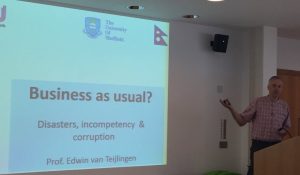


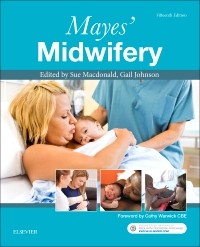
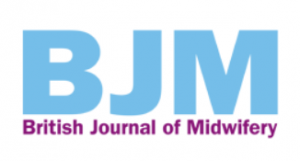
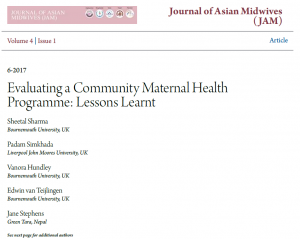

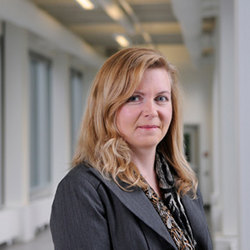

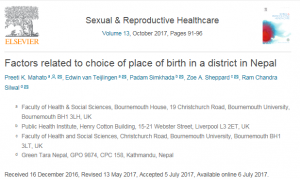
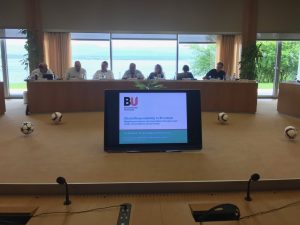
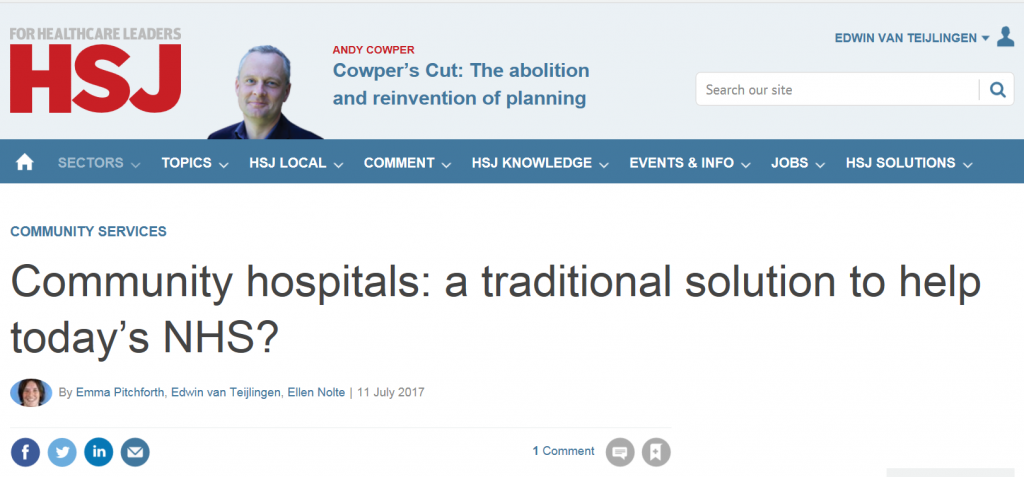
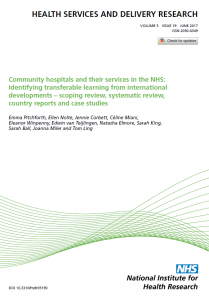
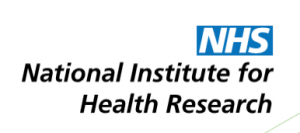

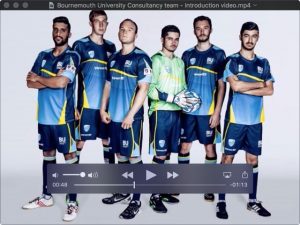

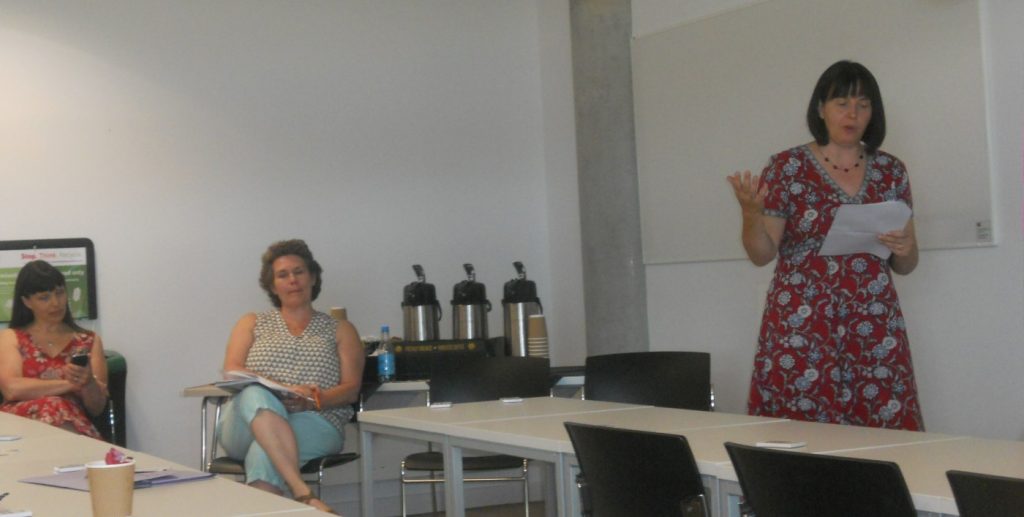

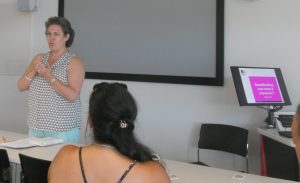










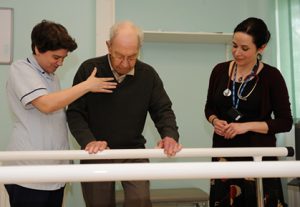











 Nursing Research REF Impact in Nepal
Nursing Research REF Impact in Nepal Fourth INRC Symposium: From Clinical Applications to Neuro-Inspired Computation
Fourth INRC Symposium: From Clinical Applications to Neuro-Inspired Computation ESRC Festival of Social Science 2025 – Reflecting back and looking ahead to 2026
ESRC Festival of Social Science 2025 – Reflecting back and looking ahead to 2026 3C Event: Research Culture, Community & Cookies – Tuesday 13 January 10-11am
3C Event: Research Culture, Community & Cookies – Tuesday 13 January 10-11am Dr. Chloe Casey on Sky News
Dr. Chloe Casey on Sky News ECR Funding Open Call: Research Culture & Community Grant – Application Deadline Friday 12 December
ECR Funding Open Call: Research Culture & Community Grant – Application Deadline Friday 12 December MSCA Postdoctoral Fellowships 2025 Call
MSCA Postdoctoral Fellowships 2025 Call ERC Advanced Grant 2025 Webinar
ERC Advanced Grant 2025 Webinar Horizon Europe Work Programme 2025 Published
Horizon Europe Work Programme 2025 Published Update on UKRO services
Update on UKRO services European research project exploring use of ‘virtual twins’ to better manage metabolic associated fatty liver disease
European research project exploring use of ‘virtual twins’ to better manage metabolic associated fatty liver disease